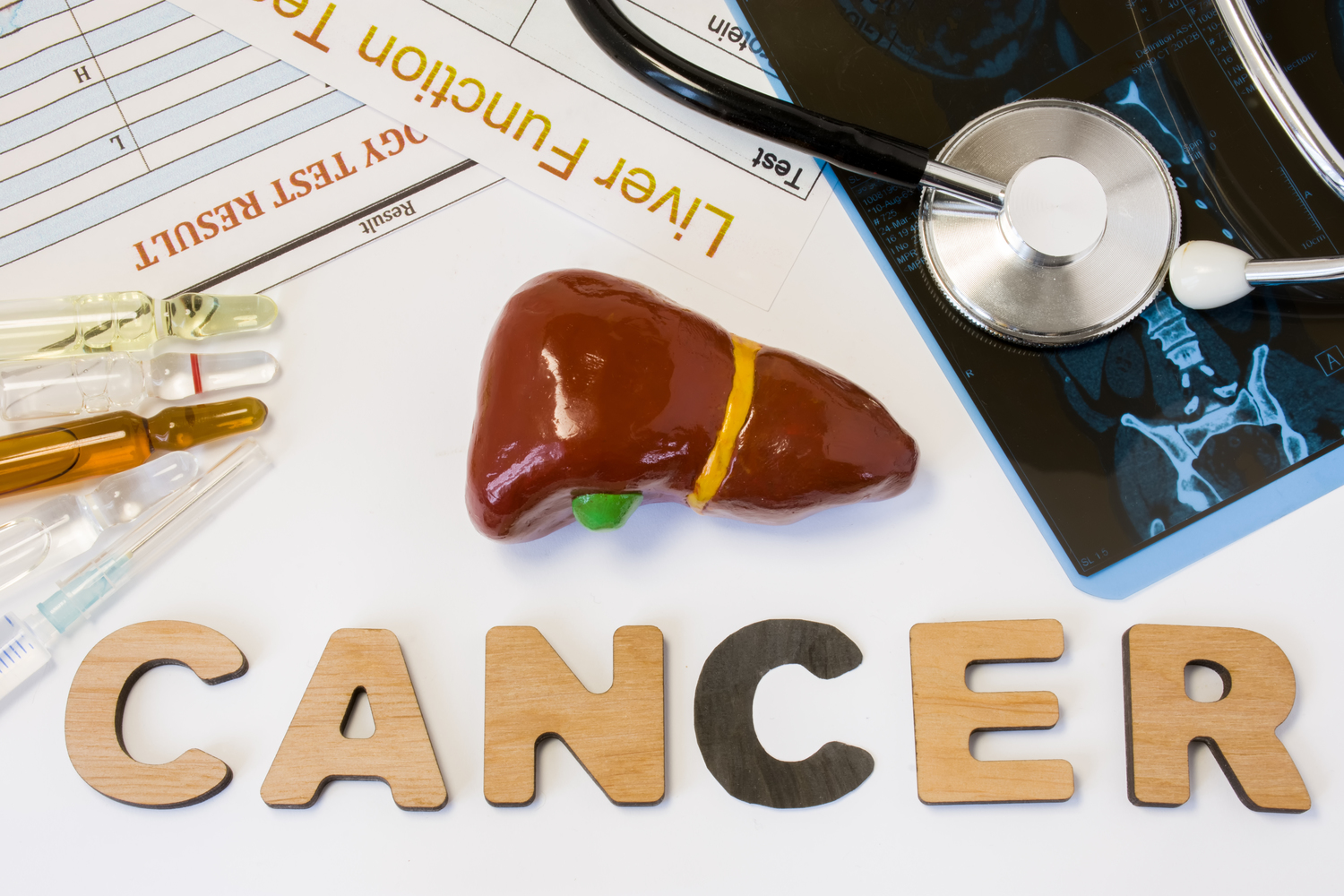
The Symptoms of Liver Cancer
Liver cancer can begin in the liver or, more commonly, spread to the liver from other parts of the body. Because the symptoms of liver cancer do not typically begin until more advanced stages, liver cancer can often go undetected until it has become severe. For this reason, routine screening tests for individuals who are at-risk may be important in catching liver cancer before it has become an extreme risk.
Early detection and treatment is key. Symptoms may be different for each person, but here are six early warning signs of liver cancer:
1. Losing weight without trying
Weight may fluctuate in any individual for a multitude of reasons, but if there have been no changes in diet, exercise, or medications that are known to cause weight loss, this may be an early sign of liver cancer. After ruling out complicating lifestyle variables, it may be necessary to screen for liver cancer, especially for at-risk individuals.
2. Upper abdominal pain and swelling
One of the key warning signs of liver cancer can be abdominal swelling, or even a mass forming in the abdomen. This is called ascites, and develops as a result of the liver increasing in size due to the cancer, and pressure growing in the liver, causing blood to be backed up in the vessels. In addition to being visibly swollen, this can also cause considerable pain for those that suffer from abdominal swelling.
3. General fatigue
Fatigue is not always a symptom to be immediately associated with liver cancer. Many other medical issues or changes in lifestyle can cause fatigue, like sleep, stress, or medications taken for a wholly different issue. It may be advisable to talk to a doctor about other problems causing fatigue that may have been overlooked.
4. Jaundice
Jaundice is when the skin and the whites of the eyes become yellowed in appearance, caused by an increase of the pigment bilirubin in the body. This can be a worrying symptom, as it may signal a variety of other illnesses or issues, like hepatitis or gallstones. If experiencing yellowed skin or eyes, it is important to seek a medical professional so that they can provide proper tests and treatments.
5. White or chalky stools
Changes in stool color can be impacted by different medications or foods, but stools that are white in color are uncommon, and may be cause for alarm. Often caused by liver disease, a decrease in bile salts is typically what makes stools appear white or chalky. Medical help should be sought immediately, especially if this symptom is combined with vomiting, high fever, or the other symptoms listed above.
6. Nausea and vomiting
Vomiting or nausea are common symptoms of many mundane or easily-treated illnesses, but they also often accompany several different types of cancer. This symptom alone may not be a specific indicator of liver cancer, but it can point to a cancer being in advanced stages. For this reason, it is important to discuss recurring and consistent nausea or vomiting with a professional.



